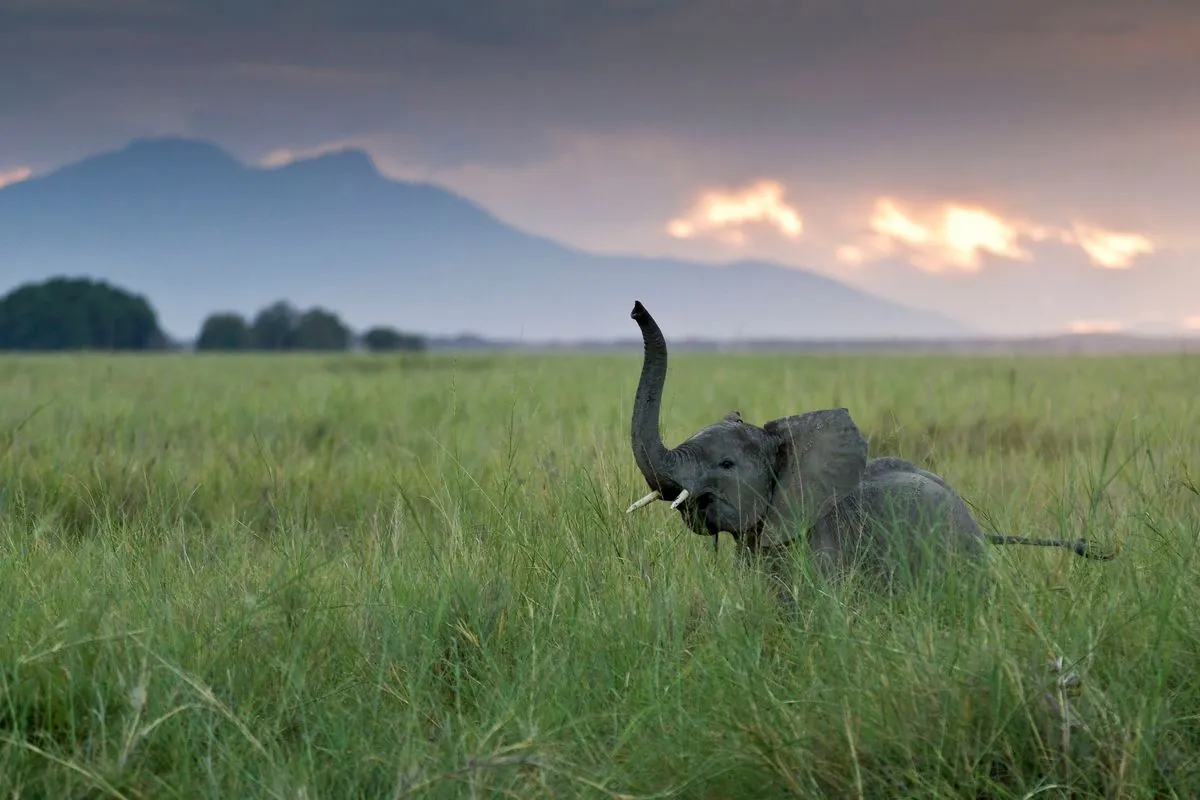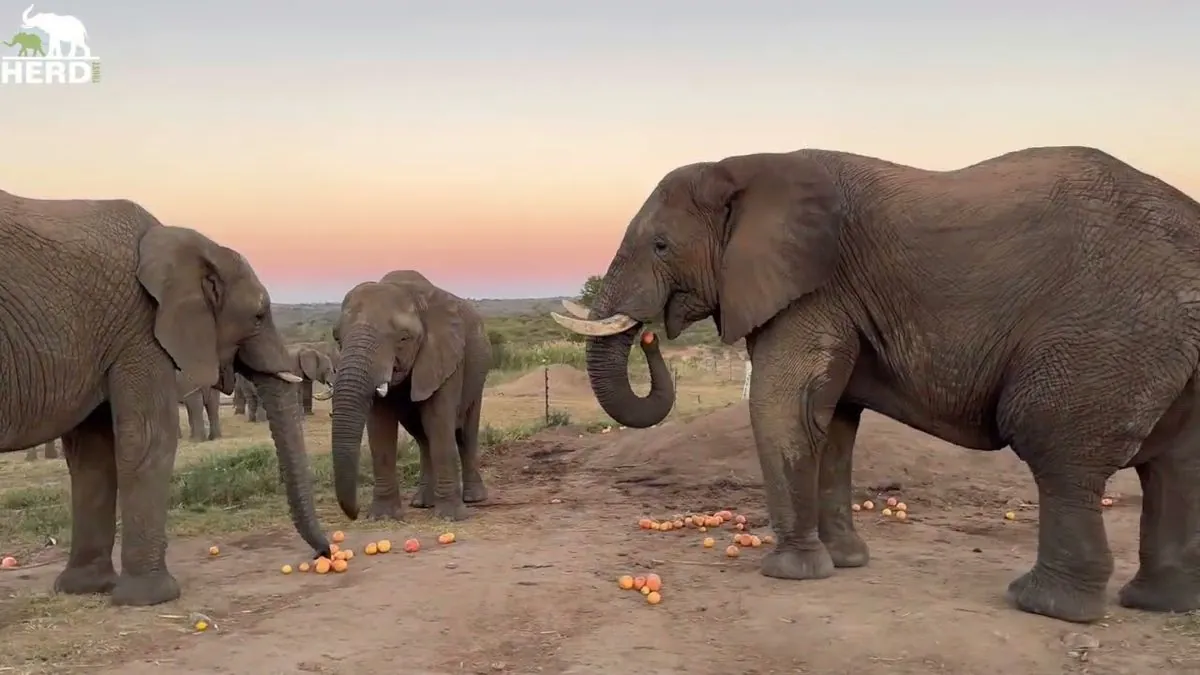Aging Elephant Charley Finds New Home After 40 Years in Captivity
Dr. Amir Khalil's team relocates Charley, a 42-year-old African elephant, from a Pretoria zoo to a private game reserve. The move offers hope for captive elephants worldwide.

In a remarkable operation, Dr. Amir Khalil and his team have successfully relocated Charley, a 42-year-old African elephant, from a zoo in Pretoria to a private game reserve. This move marks a significant milestone in the life of an elephant who has spent four decades in captivity.
Charley's journey began in the 1980s when he was captured as a young calf in western Zimbabwe. For the next 40 years, he lived a life far removed from his natural habitat, spending 16 years in a South African circus and 23 years as the main attraction at Pretoria's National Zoological Garden.
African elephants, the largest land animals on Earth, are known for their complex social structures and strong family bonds. In the wild, they can live up to 70 years, forming deep connections with their herd members. Charley's life in captivity, particularly after the death of his partner Landa in 2020, left him isolated and showing signs of distress.
The relocation process, led by Dr. Khalil, an animal rescue specialist at Four Paws wildlife welfare organization, involved careful planning and trust-building. Instead of using tranquilizers, which can be harmful to such large animals, the team employed positive reinforcement techniques. They trained Charley to willingly enter a transport container, using his favorite treats like pumpkins, papaya, and beetroot as incentives.

"He was curious, and thinking, what is this new toy?"
The successful move to Shambala private game reserve in late August 2024 offers Charley a chance to experience a more natural environment. With thousands of hectares to explore, he may have the opportunity to join wild elephant herds and engage in behaviors like mud bathing, which are crucial for elephant well-being.
Elephants are known for their remarkable intelligence and memory. They can recognize themselves in mirrors, use tools, and display problem-solving skills. Charley's ability to adapt to his new surroundings may be aided by these cognitive abilities, as well as potential early memories from his life before captivity.
The relocation of Charley is particularly significant given the endangered status of African elephants due to habitat loss and poaching. It highlights the importance of providing better living conditions for captive elephants and the potential for reintroducing them to more natural habitats.
Dr. Khalil emphasized the rarity of such relocations and praised South African officials for supporting the project. As Charley begins his new life, there's hope that his story will inspire similar efforts worldwide, recognizing that even older elephants deserve a chance at a more fulfilling existence.
The team's work continues, with another elephant relocation planned in Pakistan for October 2024. As for Charley, he's already making contact with other elephants in the park, using the deep rumbles that elephants can produce to communicate over long distances. This promising start suggests that Charley may indeed have the opportunity to "turn into a wild elephant again," as Dr. Ivanova optimistically noted.


































